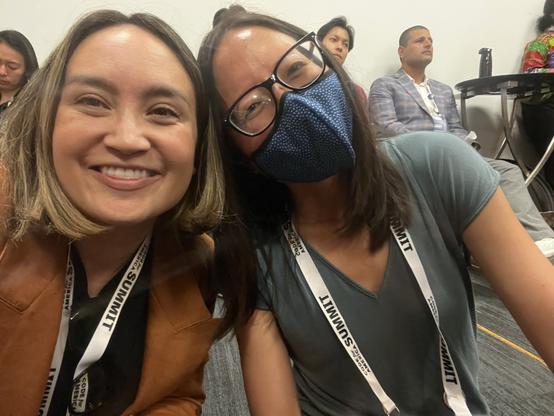What happens when civic tech meets collective hope?
At the recent Code for America Summit, Chad Capellman walked through the “Tree of Becoming” and saw what gov tech can look like: human, hopeful, and built for the public good, by the people and for the people.
Read his reflections:
https://lnkd.in/gBquszjy
#CfASummit #techforgood #publicservants #publicservice #civictech
